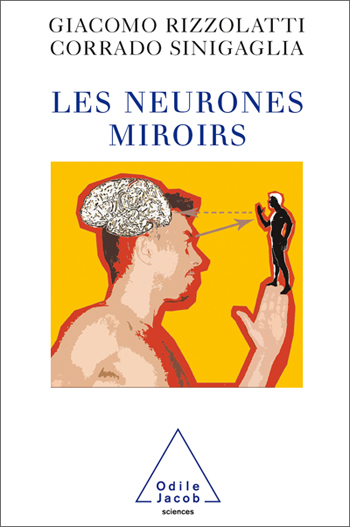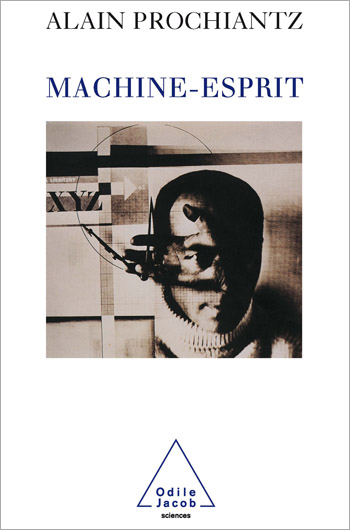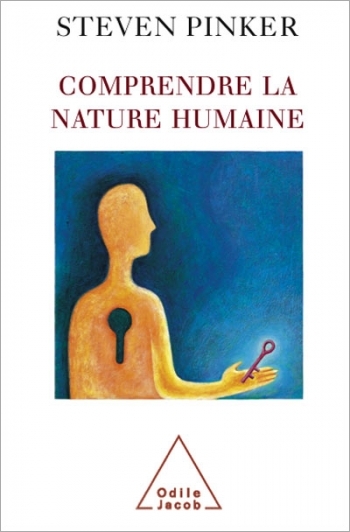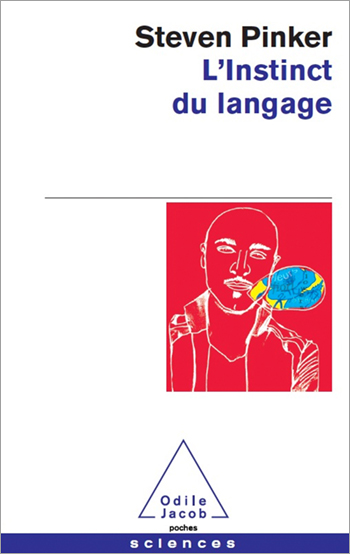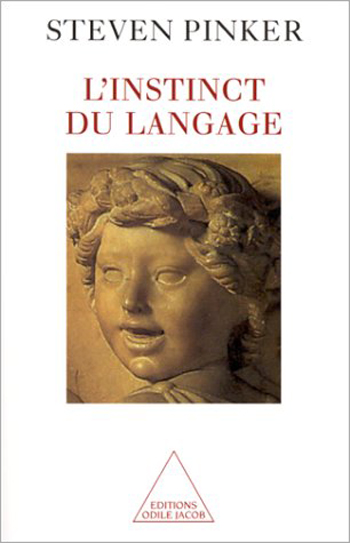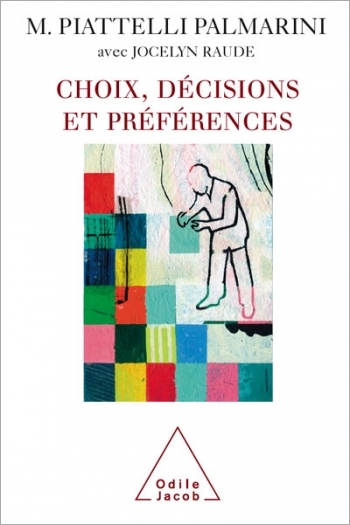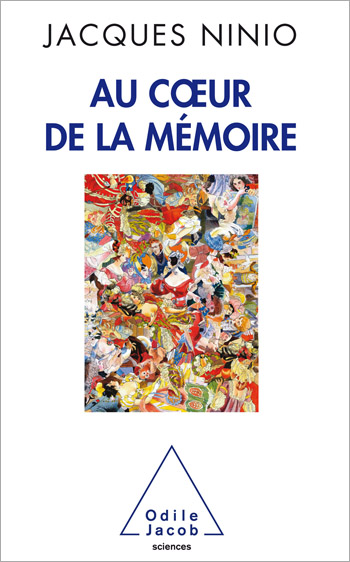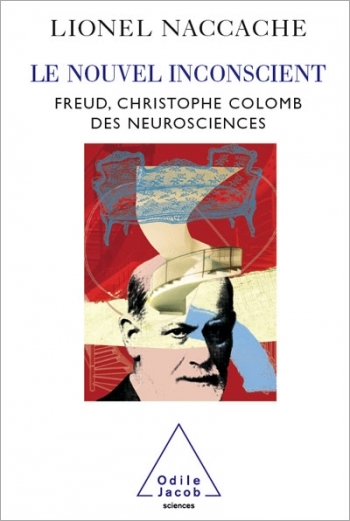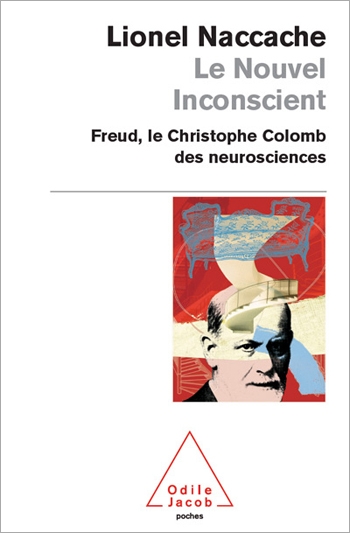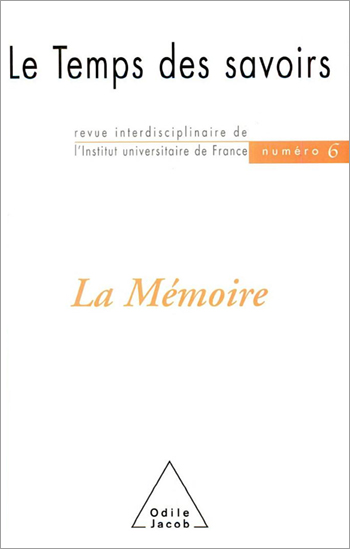Neuroscience All books
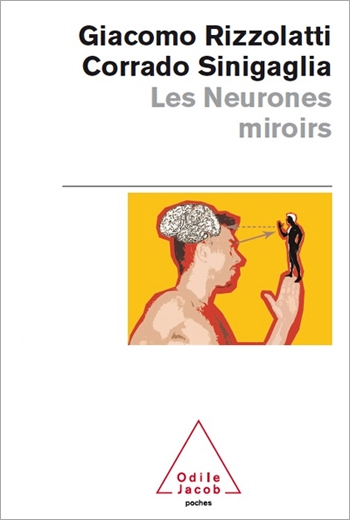
Giacomo Rizzolatti, Corrado Sinigaglia
Mirror Neurons
The discovery of mirror neurons is the most spectacular finding of recent years in the cognitive sciences
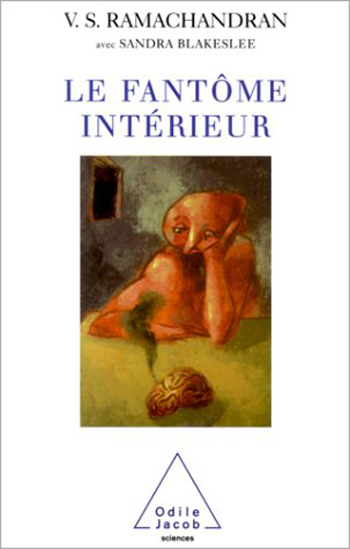
Vilayanur S. Ramachandran, Sandra Blakeslee
Phantoms in the Brain Human Nature and the Architecture of the Mind
How do we make decisions? Why do we deceive ourselves? Why do we dream? Why may we believe in God? Why do we laugh or become depressed? Few scientists have dared address these questions that inform our daily lives with so much acumen and audacity. V.S. Ramachandran is a brilliant Sherlock Holmes of neuroscience. He reveals the strangest case studies he has encountered of patients suffering from serious neurological disorders and the insights they yield about human nature and the workings of the mind. V.S. Ramachandran is professor and director of the Center for Brain and Cognition, at the University of California.
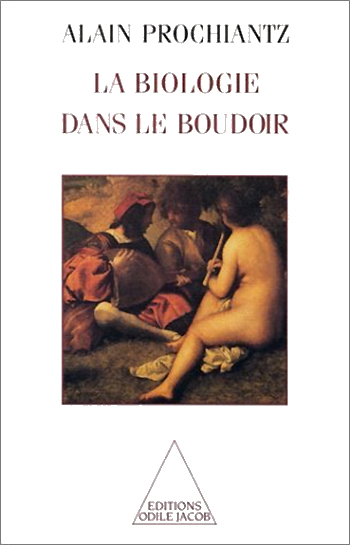
Alain Prochiantz
Biology in the Bedroom
Inspiring himself from La Philosophie dans le boudoir by Sade and the major philosophical works of the 18th century, Alain Prochiantz, who is a neurobiologist, explains by means of a dialogue, the progress of embryology and neurobiology and gives us the elements so that we can understand and measure the stakes of the recent discovery of the genes of development. Alain Prochiantz heads the Laboratory for the Development and Evolution of the Nervous System at the École normale supérieure. He is notably the author of Strategies of the Embryo, and Claude Bernard, the Physiological Revolution.
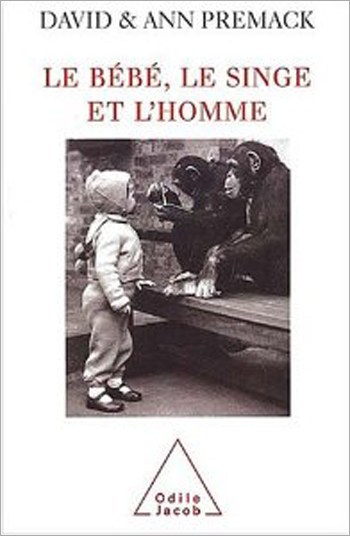
Ann Premack, David Premack
The Baby, the Ape and Man
The issue of the differences and similarities between humans and their cousins the chimpanzees governs the definition of human identity. How can this difference be explained? By studying the learning process of chimpanzees and comparing it to that of children, Ann and David Premack were gradually able to discover a series of differences, none of which were radical but when put together showed a yawning gap between the two species. The results they obtained enabled them to reconstruct little by little the sum of the differences that make up human identity. Ann and David Premack are specialists in the study of primates.
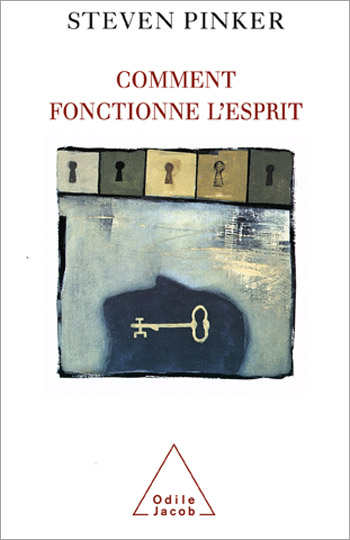
Steven Pinker
How the Mind Works
In his new book, Steven Pinker studies the human mind. What is it? How did it evolve? How does it enable us to see, think, feel, laugh, interact with others, have aesthetic experiences, and reflect on our own lives? This is the long-awaited synthesis encompassing all the major explanations offered by evolutionary biology and the cognitive sciences concerning mental life of human beings. Steven Pinker heads the Center of Cognitive Neurosciences at the Massachusetts Institute of Technology. He is the author of the highly acclaimed Language Instinct.
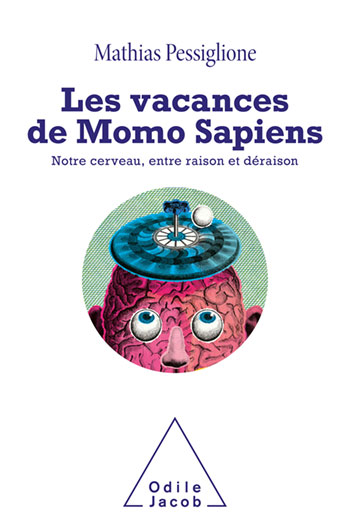
Mathias Pessiglione
The Brain Has Its Reasons Which Reason Doesn’t Know
Momo Sapiens, or the brain caught in flagrante delicto of irrationality
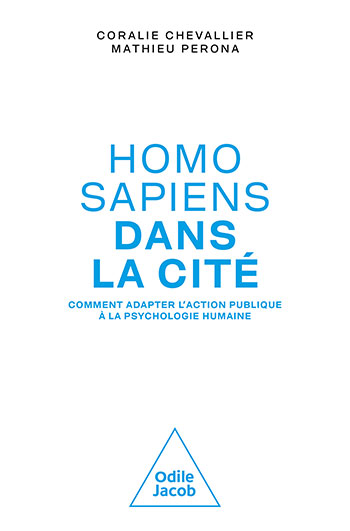
Coralie Chevallier, Mathieu Perona
Homo sapiens In the Public Arena How to Adapt Public Policies to Human Psychology
Finding solutions to the problems citizens are confronted with requires taking into account our complex cognitive functioning as Homo sapiens. An original an innovative book.
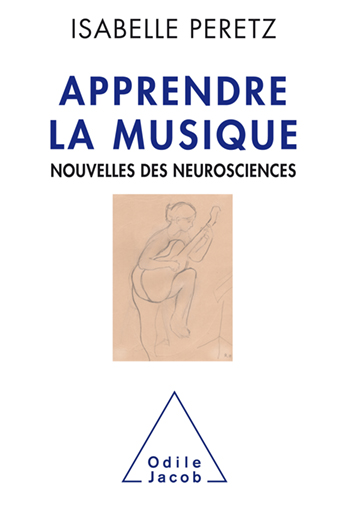
Isabelle Peretz
Learn Music What’s New in the Neurosciences
The fruit of more than thirty years of research on the neurobiological foundations of music in conjunction with education, which tells us everything about the way in which music acts and transforms our brain.
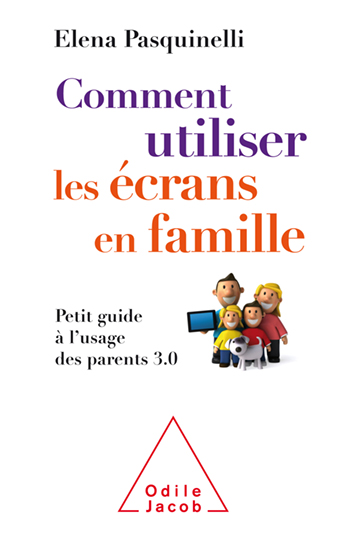
Elena Pasquinelli
How to Use Screens in Your Family A Guide for Parents 3.0
Everything you need to know on strategies to encourage a reasonable use of screens for our children and… for ourselves!
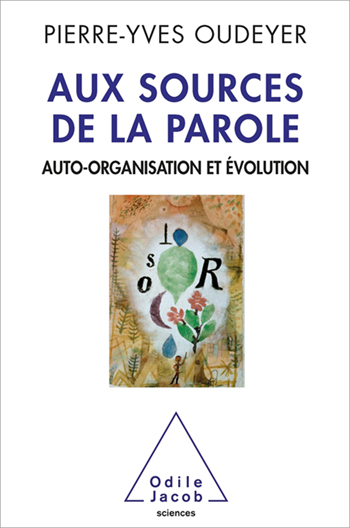
Pierre-Yves Oudeyer
Self-Organisation of Speech
The nature and evolution of language: the latest discoveries, at the crossroads of the neurosciences, linguistics and robotics
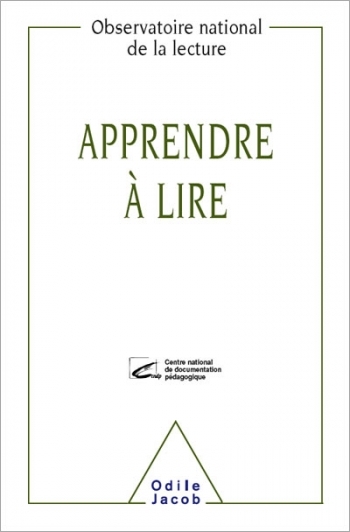
Observatoire national de la lecture
Learning to Read
Learning to read is a continuous process which runs throughout primary and secondary school, and indeed through the whole of life. However, the crucial time is the first two years of primary school - it is at this time that the child learns the code of the written language and begins to undertake the reading of texts. This report summarises recent research by the best specialists working in the field and provides essential information on the thorny issue of children suffering from reading difficulties. The French National Reading Research Institute is a consultative body of the National Education Ministry and brings together teachers, researchers, school inspectors and representatives of the parents of pupils.
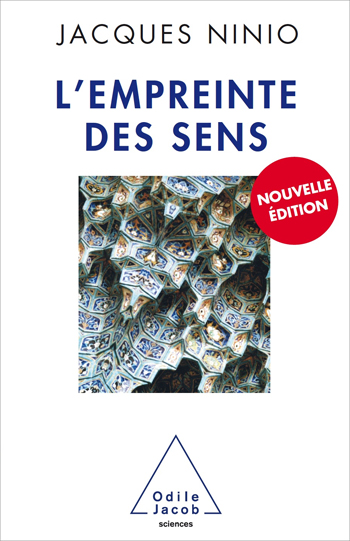
Jacques Ninio
The Print of the Senses
What is perception? What is the world around us really like? These are the questions that Jacques Ninio examines here, in this completely revised new edition of his highly successful work.

Jacques Ninio
The Imprint of the Senses Perception, Memory and Language
Science has completely renewed our sense of perception. We used to stand impressions, the facts of our senses, in opposition to our superior activities (language, memory, reasoning). J. Ninio shows us an alterior perceptive reasoning . His accessible prose, peppered with many examples and illustrations, presents an original analysis of today s biological and psychological research on perception.
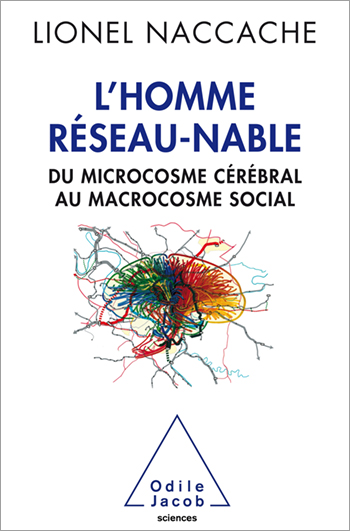
Lionel Naccache
Netperson From the Microcosm of the Brain to the Macrocosm of Human Societies
From the Microcosm of the Brain to the Macrocosm of Human Societies
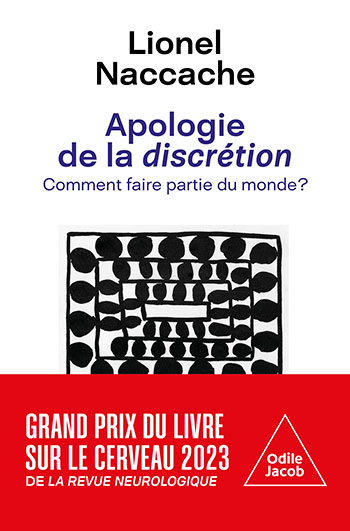
Lionel Naccache
An Apologia for Discretion What does it mean to be part of the universe in the 21st century?
In the great tradition of essays, the author draws on cognitive neuroscience and neurology, mathematics, physics, biology, philosophy, psychoanalysis, Judaism and literature.
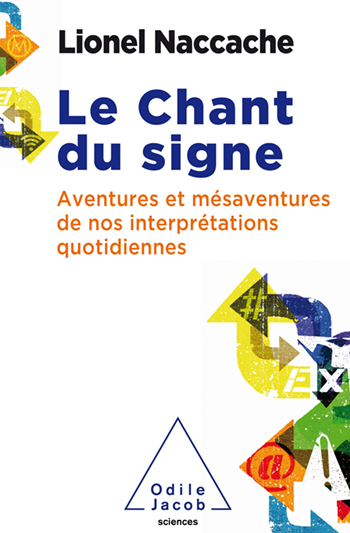
Lionel Naccache
The Sign Song
An essay illuminated by neuroscience, which aims to explore the psychological and cerebral cogs involved in the act of interpretation, which we are not generally aware of. A petition or manifesto in favour of defending our subjectivity and individuality, at a time when ever more efficient, air-tight and uniform signage tends to make us lose track of the fact that we are the inventors of our own understanding of the world’s signs.
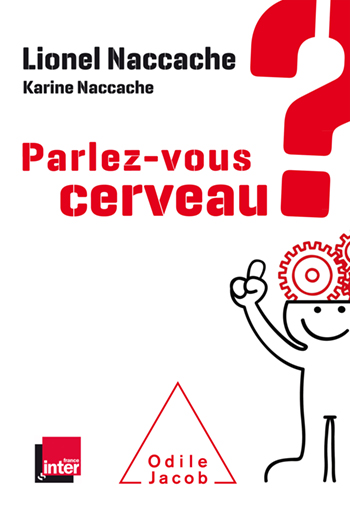
Lionel Naccache, Karine Naccache
Do you Speak “Brain”? The brain is part of our everyday lives
Instructive and entertaining, important facts about the brain by one of the great French neurologists. A proven format, since Lionel Naccache’s chronicles on the brain were the most popular podcasted shows last summer on French Inter radio.
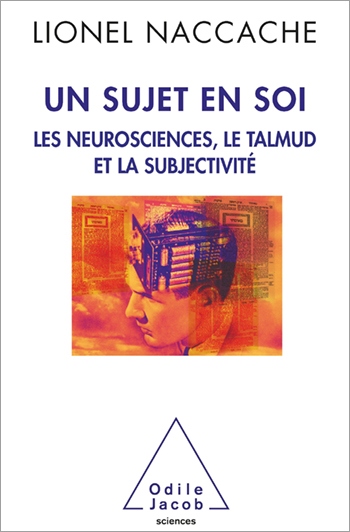
Lionel Naccache
On Being a Subject in Oneself The Talmudic Experience of Spirituality
What does it mean to be oneself? What does it mean to believe? An exploration of the neuroscience and philosophy of subjectivity
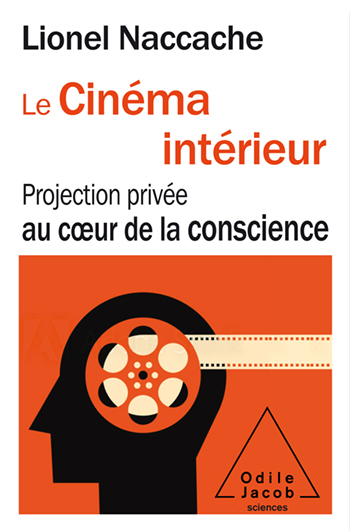
Lionel Naccache
Inner Cinematography and Awareness
A skillful book in which the author makes use of the most current resources of the neurosciences to understand the cerebral and psychological mechanisms that create our representation of the world and our awareness.
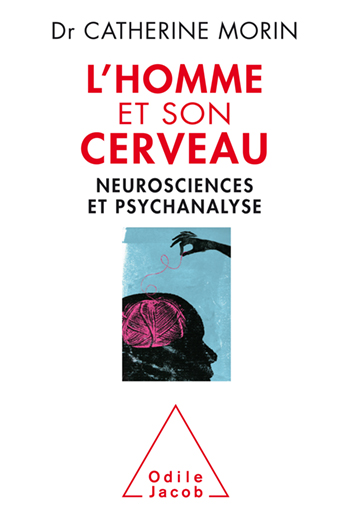
Catherine Morin
Man and his brain Psychoanalysis and Neuroscience
An assessment of the relationship between neuroscience and psychoanalysis. A synthesis that aids understanding of the possible complementarity between neuroscience and psychoanalysis, of the specificity of each approach, and the value of sharing knowledge about the brain.
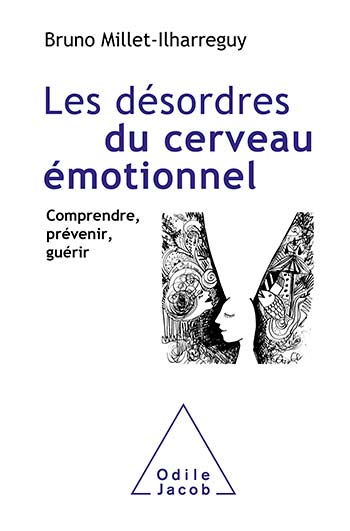
Bruno Millet-Ilharreguy
Disorders of the Emotional Brain Understanding, Preventing, Healing
Emotion at the heart of psychiatric disease and its treatment.

